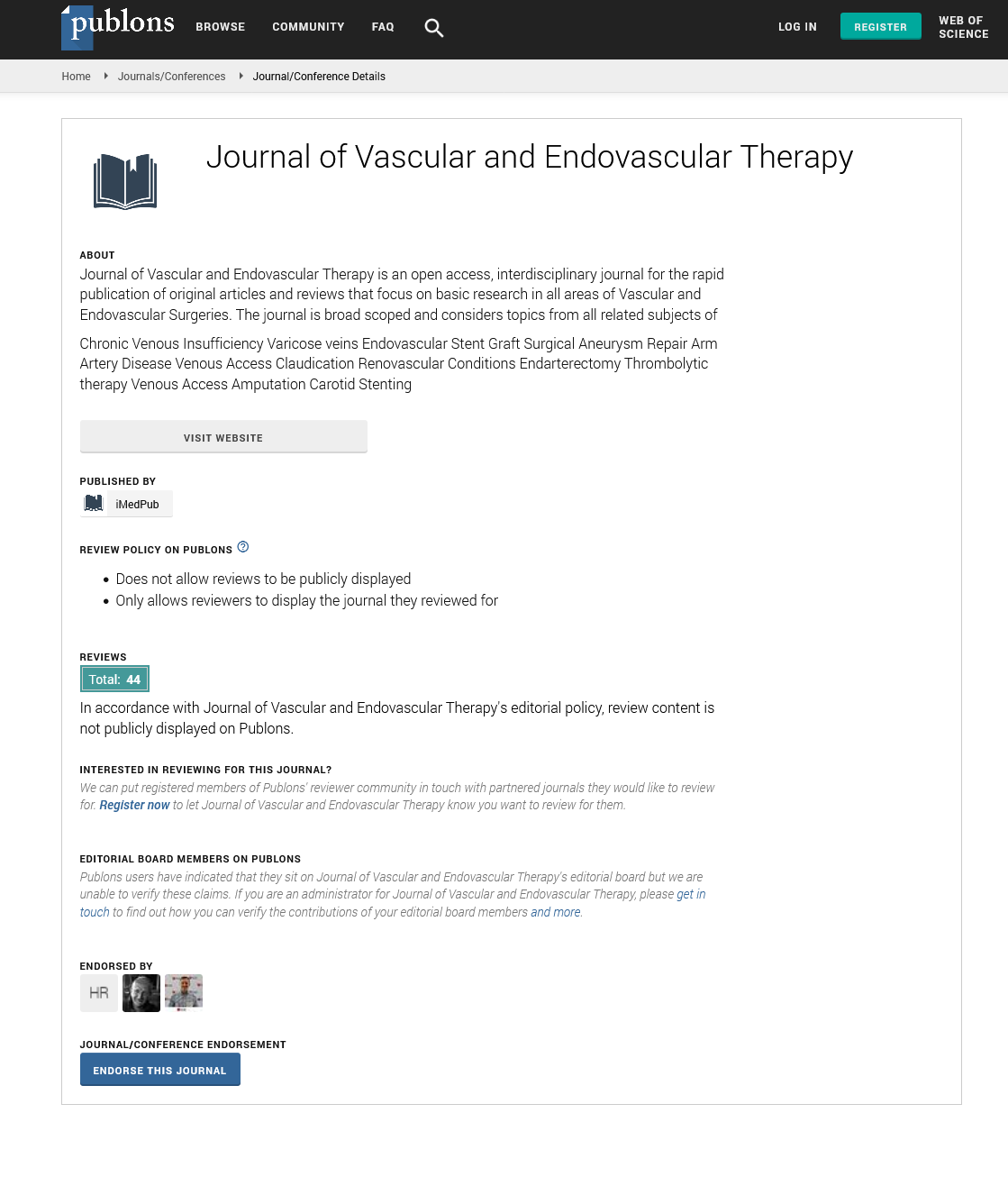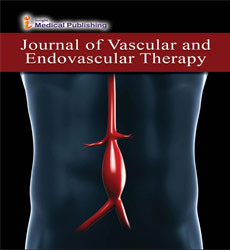Abstract
Feasibility of Transpedal Access for Transcatheter Embolization of the Genicular Artery: A Case Report
Osteoarthritis (OA) is a leading cause of functional impairment and debility in older adults and represents a significant detriment to patient quality-of-life. Inflammation, a key-driver in disease pathogenesis, destroys joint tissue and leads to the hallmark symptoms of pain and swelling. Cases of osteoarthritis refractory to conservative medical and physical therapy are typically referred for surgical replacement. Patients unable to undergo surgery may suffer unrelenting symptoms and physical dysfunction.
Genicular Artery Embolization (GAE) is a non-surgical, minimally-invasive transcatheter intervention for such patients. The procedure involves knee genicular artery angiography and selective branch cannulation for the purpose of vessel embolization. Embolization disrupts downstream blood flow to knee synovium, thereby limiting delivery of pain inducing proinflammatory factors. The procedure is typically performed through femoral artery puncture, and thus subject to all potential access related complications. Alternative access, instead using transradial or transpedal puncture, mitigates vascular access risks across the gamut of cardiovascular endovascular interventions. The feasibility and precedent for transpedal access in GAE has yet to be established. We present the case of a 86-year-old woman suffering from recalcitrant OA related right knee pain who underwent successful GAE using transpedal access.
Author(s): Shayan Nabavi Nouri*, Samuel Wietschner, Pankaj Khullar, Andrew Swift, Linda Koshy, Philip Green, Joseph Puma and Justin Ratcliffe
Abstract | Full-Text | PDF
Share this

Google scholar citation report
Citations : 177
Journal of Vascular and Endovascular Therapy received 177 citations as per google scholar report
Journal of Vascular and Endovascular Therapy peer review process verified at publons
Abstracted/Indexed in
- Google Scholar
- Open J Gate
- Publons
- Geneva Foundation for Medical Education and Research
- Secret Search Engine Labs
Open Access Journals
- Aquaculture & Veterinary Science
- Chemistry & Chemical Sciences
- Clinical Sciences
- Engineering
- General Science
- Genetics & Molecular Biology
- Health Care & Nursing
- Immunology & Microbiology
- Materials Science
- Mathematics & Physics
- Medical Sciences
- Neurology & Psychiatry
- Oncology & Cancer Science
- Pharmaceutical Sciences


